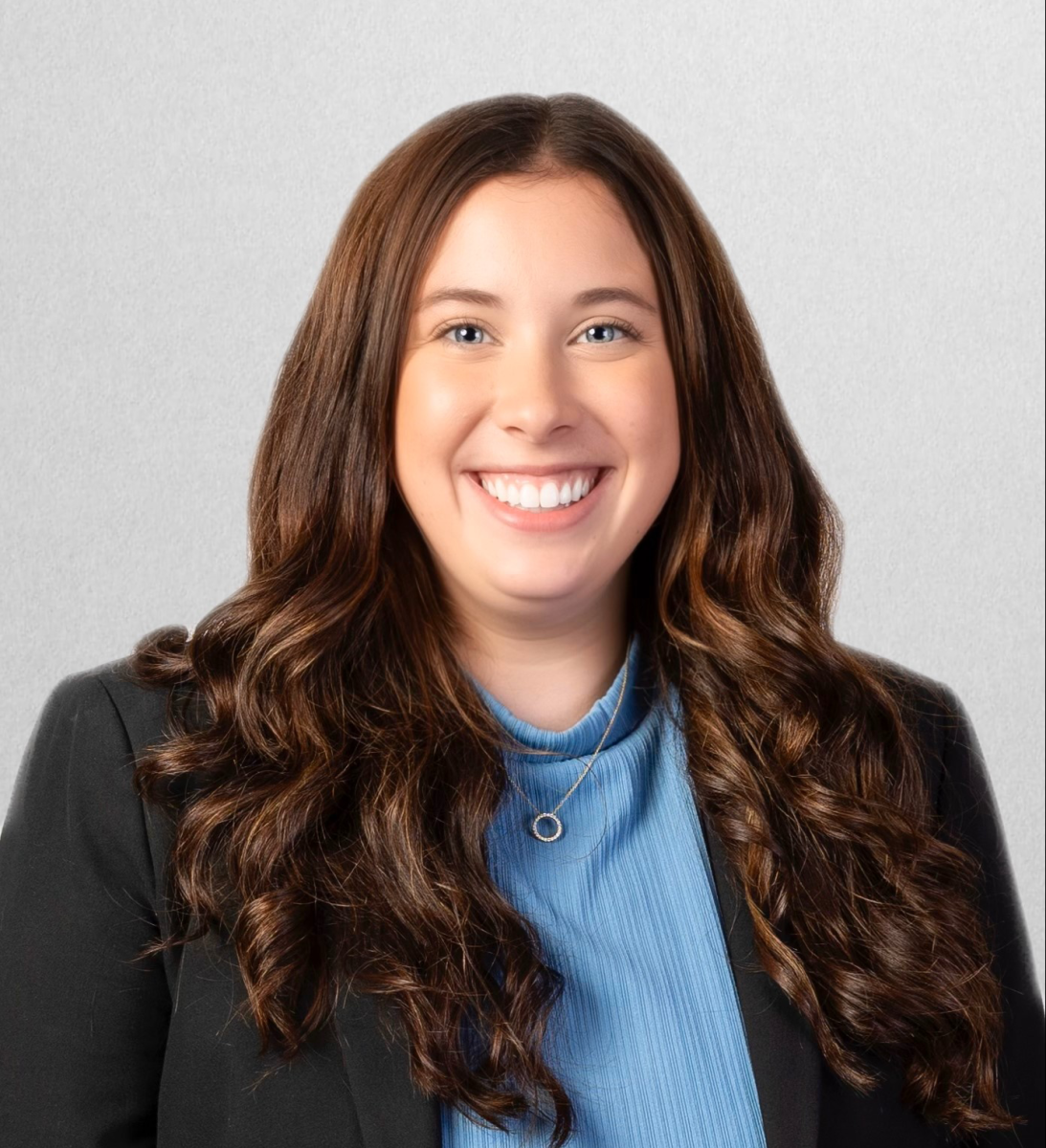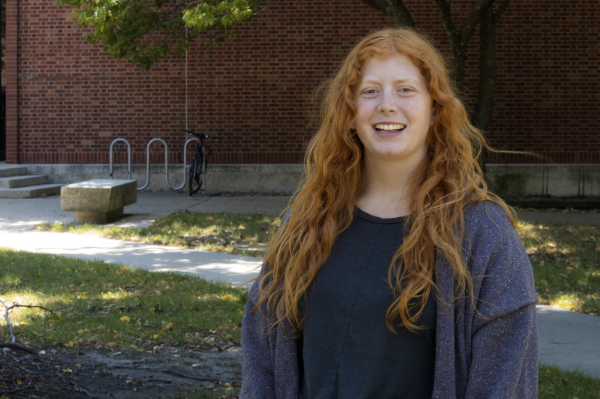As Colleen Cullen started her first semester as director of the Criminal Defense Clinic, she strived to expand how the clinic serves the Des Moines community. Cullen said she admires how the clinic works directly with community members and wants to “keep that spirit of the clinic alive.”
Through working together, Cullen said that all the various clinics at Drake Law help those in need.
“The clinic allows for a holistic defense approach because we have so many other in-house clinics,” Cullen said. “We’re able to help people in other areas of their life that may or may not be directly related to their criminal case.”
Cullen said she is exploring partnering with the American Civil Liberties Union, NAACP and Legal Aid. She also wants Drake’s Criminal Defense Clinic to do more clemency and other post-conviction work.
“There are ways that we can help in the mission of providing high-quality client-centered defense, but we are also seeing how we can do that on a systemic level or in other areas that might not just be misdemeanor trial level work,” Cullen said.
Professor Suzan Pritchett, director of clinical and experiential education, said Cullen’s experience and drive in criminal justice reform coincide with Drake Law’s future. Drake Law’s Dean Roscoe Jones Jr. is committed to criminal justice reform and how Drake Law School will contribute to that discussion in the community and at a national level.
“Colleen’s expertise as a criminal defense attorney is going to be extremely important and helpful as we consider how Drake Law School is going to be a leader in criminal justice reform efforts more broadly,” Pritchett said.
Additionally, according to Pritchett, Cullen’s vast experience with clinical teaching methods and her role as a public defender make her an excellent candidate. As a graduate of Georgetown Law, Cullen had the opportunity to work at the largest in-house clinical program in the nation.
Cullen was inspired by a family friend to go into law. This woman, who became like ‘a second mother’ to Cullen, was also a public defender.
“Her empathy, thoughts and how she approached life were admirable,” Cullen said. “I’m always trying to find ways to mitigate the harm that can be done by the criminal legal system. I saw the role of a public defender as somebody standing in the courtroom and trying to advocate for somebody when there are so many forces against them.”
After law school, Cullen worked at a public defender’s office in Milwaukee in the adult trial division for four years. Following her work as a public defender, Cullen completed a fellowship at the University of Denver, which involved teaching their criminal defense clinic with another professor. There, she said, she learned more about clinical legal education and could supervise students with their cases, which were also misdemeanor and municipal-level offenses.
“A lot of people think that being a clinical professor is just showing students how to practice law when in actuality teaching in a clinic involves a lot more focus and dedication to deliberately thinking about how we guide students through the learning process of becoming an attorney,” Pritchett said. “Professor Cullen has an excellent understanding of what that process looks like, and we were excited for her to bring that expertise to it.”
Cullen said her teaching philosophy is to be approachable and have students take ownership of their cases. She has an open-door policy, allowing students to come in and chat about their cases in between their weekly meetings.
“I want them to come to me with issues and questions, but I want them to try to find the solutions on their own, so it’s not like a traditional externship or internship experience,” Cullen said. “The way that I try to help them is just kind of being somebody always available and emphasizing their ability to get to the answers on their own.”








